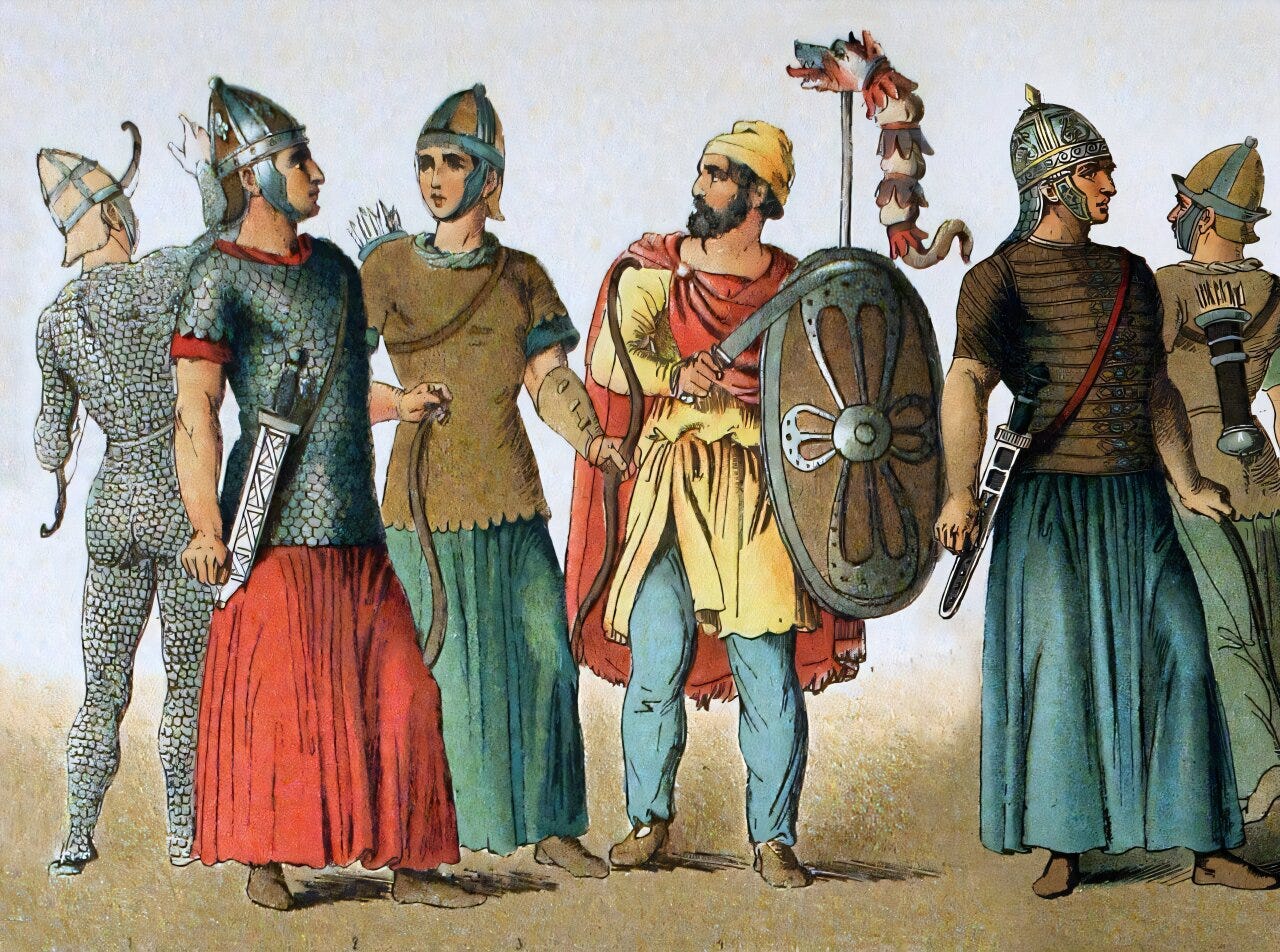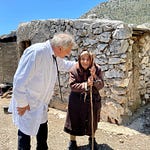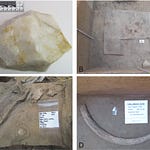A People Without Descendants
They once thundered across the grasslands, their long hair streaming beneath iron helmets, their lances catching the sun. For centuries, the Sarmatians were the terror and fascination of the ancient world — nomads from beyond the Ural Mountains who rode into history on horseback. By the time the Romans met them in the first century CE, these mounted warriors had swept across the Pontic steppe and seized the fertile plains of the Carpathian Basin. Then, just as suddenly, they vanished.
No modern nation claims them. Their language is gone. Their name survives mostly as a footnote in Roman histories and the occasional whisper linking them to the myth of King Arthur’s knights. For two millennia, the Sarmatians have been a mystery — a people without descendants.

Now, a new study in Cell1 led by Oszkár Schütz of the University of Szeged has pulled them back into view through their DNA. The team analyzed the genomes of 156 individuals buried across Hungary and Romania between the first and fifth centuries CE — the largest genetic dataset ever assembled for the Sarmatian world. The results complicate everything we thought we knew about who the Sarmatians were, how they moved, and what became of them.
“When you look at the Sarmatians through the Roman lens, they appear as a blur — a barbarian mass at the frontier,” says Dr. Elena Rossi, a paleoanthropologist at the University of Cambridge. “Genetics now gives them individuality again. We can finally trace their journeys, their kinships, even their marriages.”










